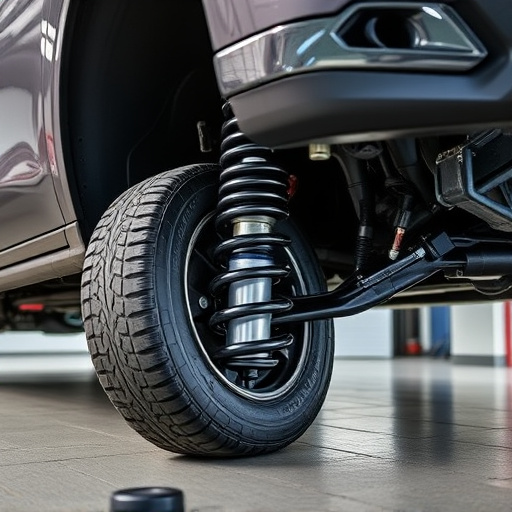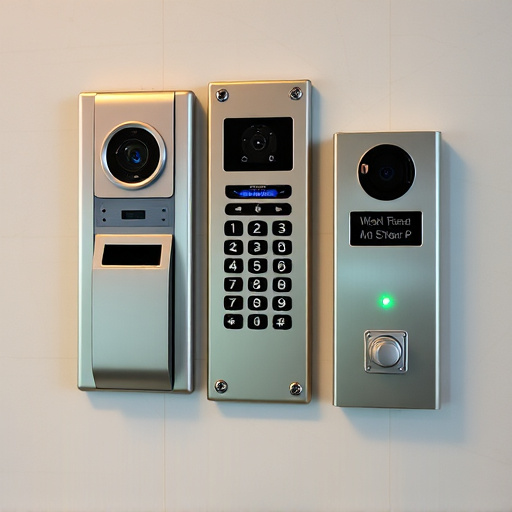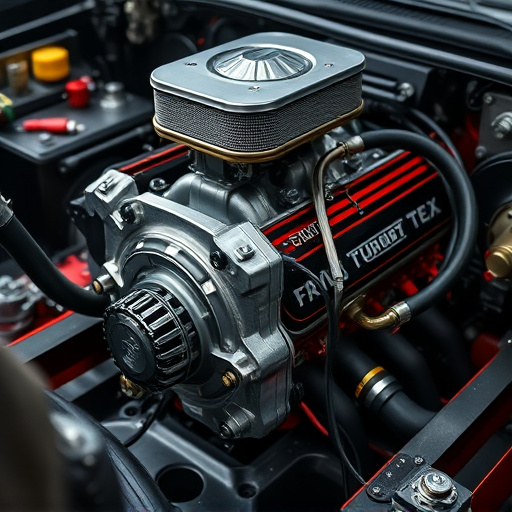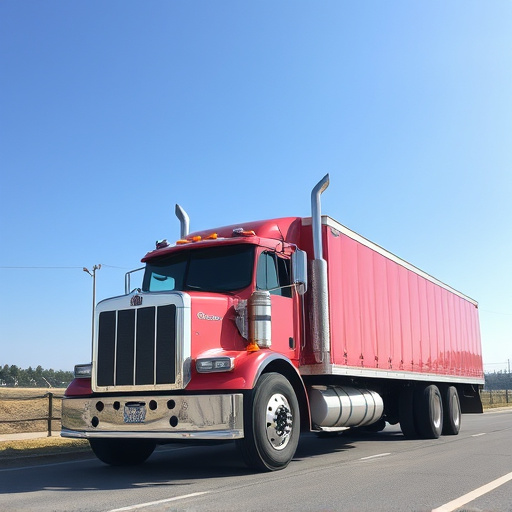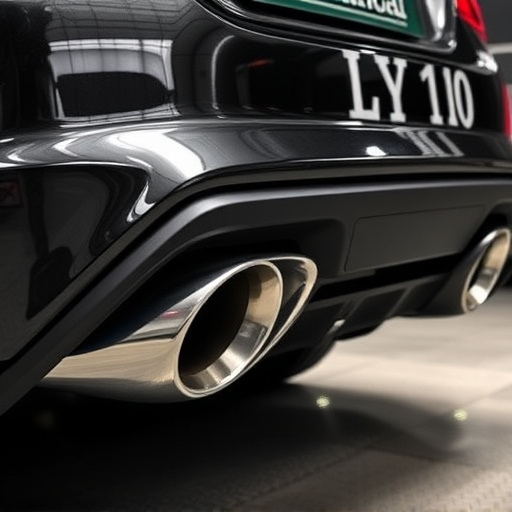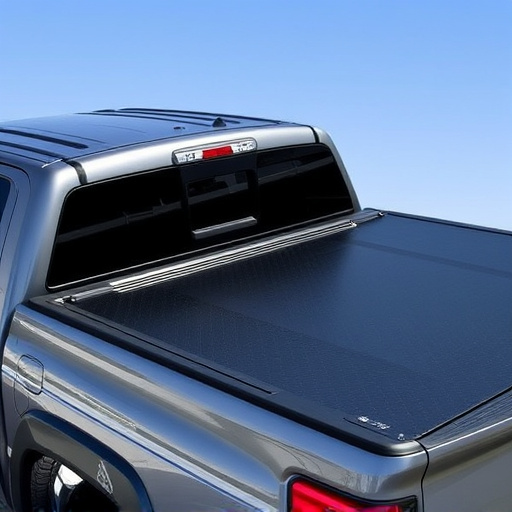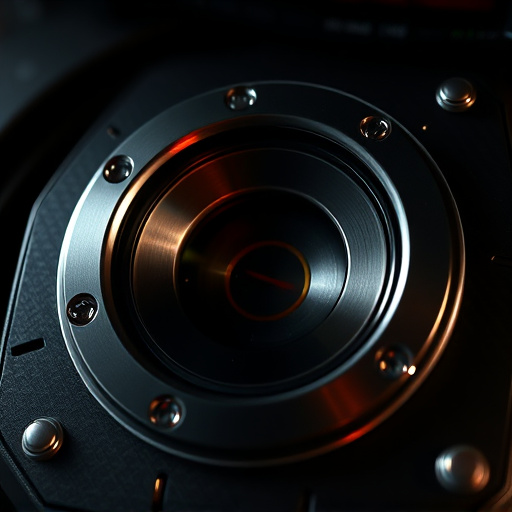Noise regulations for exhaust system shops aim to protect residents and workers from excessive noise. Shop owners must understand regional guidelines, focusing on performance modifications and cat back exhausts, to avoid legal issues and maintain community harmony. Technology aids in compliance through sound measurement tools and software, while best practices include regular maintenance, specialized equipment, and staff training. Exhaust system shops contribute to peaceful environments by adhering to these measures and balancing performance enhancements with noise control.
Exhaust system shops play a vital role in maintaining noise compliance, ensuring their operations meet legal standards while respecting surrounding communities. With strict regulations in place, these shops must navigate complex guidelines to avoid excessive noise pollution. This article delves into the world of noise regulations specific to exhaust system shops, exploring technological advancements and best practices that contribute to achieving legal compliance and fostering peaceful environments for both employees and neighbors.
- Understanding Noise Regulations for Exhaust System Shops
- Role of Technology in Achieving Legal Compliance
- Best Practices to Maintain Quiet Environments
Understanding Noise Regulations for Exhaust System Shops
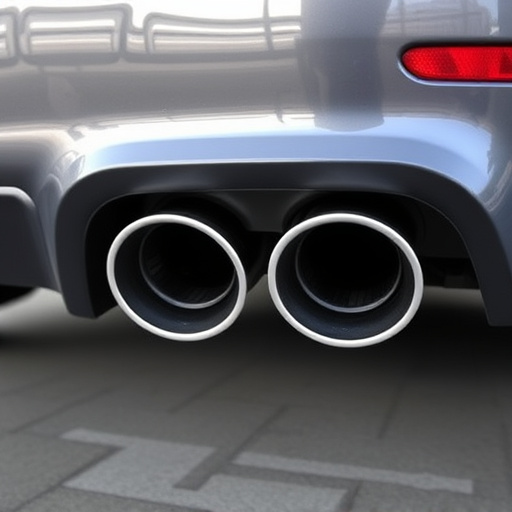
Noise regulations for exhaust system shops are designed to protect both neighbors and workers from excessive noise levels. These regulations vary by region but generally focus on limiting the decibel (dB) level emitted by vehicles undergoing modifications, particularly those involving performance exhaust systems or cat back exhaust upgrades. It’s crucial for exhaust system shop owners and employees to be aware of these guidelines to ensure legal compliance.
Understanding and adhering to noise standards involves knowledge about intake components and their potential impact on overall noise output. Shops must implement measures during installation, tuning, and testing procedures to minimize noise emissions. Regular maintenance and proper training for staff can significantly contribute to maintaining noise levels within the prescribed limits, fostering good relationships with local communities and avoiding legal penalties.
Role of Technology in Achieving Legal Compliance
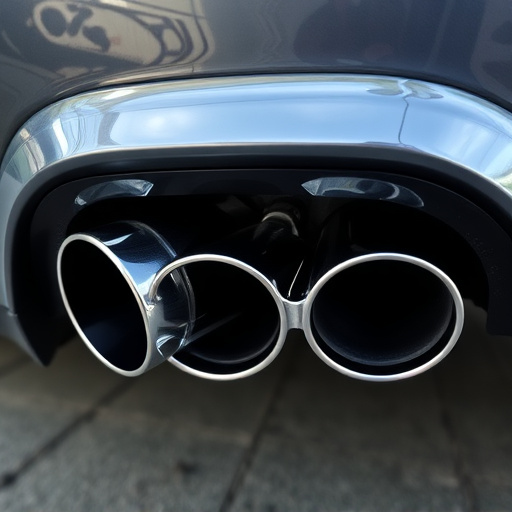
The role of technology in achieving legal noise compliance for exhaust system shops is paramount. Advanced sound measurement tools and software allow for precise evaluations of vehicle emissions, ensuring that each exhaust system meets the mandated decibel levels. These technological advancements enable shop technicians to identify potential sources of excess noise, fine-tune system configurations, and make necessary adjustments to stay within legal parameters.
Moreover, technology facilitates continuous monitoring and data logging, making it easier to track compliance over time. With the use of specialized software, shops can record and analyze sound levels, compare results against regulatory standards, and implement changes using popular modifications like suspension kits, coilover kits, or cold air intakes, ensuring a harmonious balance between performance and noise regulations.
Best Practices to Maintain Quiet Environments
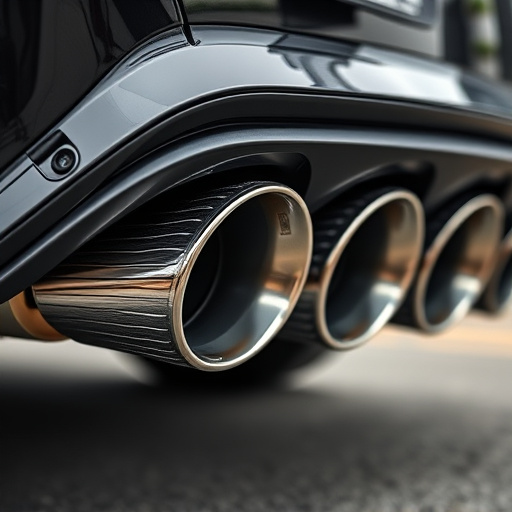
Exhaust system shops play a vital role in ensuring that vehicles on the road meet noise pollution standards. To maintain quiet environments both within their facilities and for surrounding communities, these shops employ several best practices. Firstly, they invest in high-quality exhaust tips designed to reduce noise levels effectively. Regular maintenance of air intake systems is also crucial, as these components can significantly impact overall vehicle acoustics. Additionally, proper training for staff on noise control measures ensures that everyone involved understands their role in minimizing sound pollution.
Another key aspect is the use of specialized equipment like noise-canceling materials and advanced filtration systems. These tools help to block out unwanted noises both inside the shop and during testing processes. Moreover, keeping brake pads and other wear parts in excellent condition prevents excessive noise generation during regular vehicle operations. By adhering to these practices, exhaust system shops not only comply with legal noise regulations but also contribute to a more peaceful environment for everyone.
Exhaust system shops play a crucial role in maintaining noise compliance, ensuring their operations do not disturb nearby communities. By understanding local regulations, investing in advanced technology, and adopting best practices, these businesses can operate within legal limits while providing quality services. This balance is essential for the peaceful coexistence of commercial activities and residential areas, showcasing responsible stewardship within the exhaust system shop industry.





